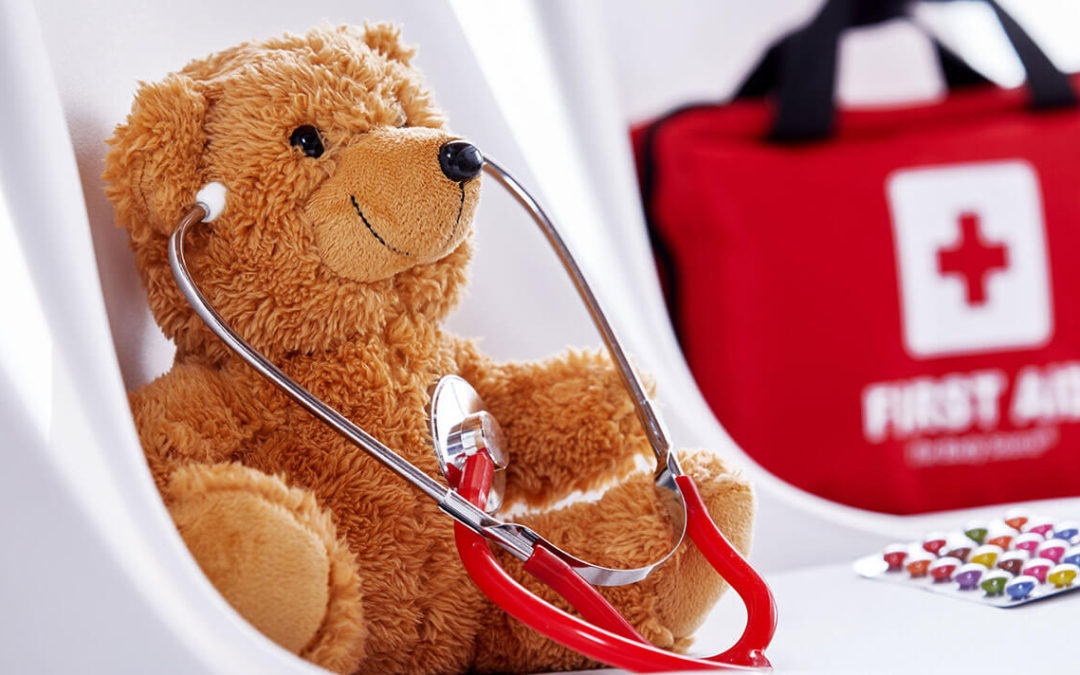ADHD, an acronym for Attention-deficit/hyperactivity disorder, has been a recognized and treated problem for years. In the past it has been known by other names, such as: attention deficit disorder, or hyperkinetic disorder. The diagnosis of ADHD is made by observation, there are still no gold standard blood tests, imaging tests or psychological tests that can “prove” someone has ADHD. Simply put, ADHD is a problem of excessive difficulty in two areas: inattention or distractibility, and hyperactivity or impulsivity. If your child has extremes in both those areas they might be diagnosed as having “combined ADHD”; or if problems existed mostly in one area, they may be diagnosed with “primarily inattentive ADHD” or “primarily hyperactive/impulsive ADHD”. These symptoms of hyperactivity and distractibility can have disabling consequences for children, making them unable to function at school or socially. The treatment for ADHD is primarily medications in the class of “stimulants”, also called “psychostimulants”. There are two basic kinds of prescription stimulants: methylphenidate and amphetamine salts. Over recent years there have emerged many newer and name brand products to treat ADHD, but nearly all of them have either methylphenidate or amphetamines as the basic chemical and differ only in the way the medicine is absorbed or metabolized by the body.
If your child has ADHD symptoms, it is likely they will benefit from taking a stimulant or other ADHD medication, but as a parent you should be aware of the risks along with the potential benefits. This is where it becomes important for you to seek out advice from someone who knows and treats not only ADHD, but other forms of developmental and behavioral problems. While prescribing stimulants, following are some advice points I offer to parents:
- Not all that is inattention and hyperactivity is ADHD. While on the surface a child may appear to have ADHD, other problems can mimic ADHD symptoms. These include depression, anxiety, bipolar disorder, learning problems or autistic spectrum problems. In those situations (i.e., the problem of hyperactivity and/or inattention are from another psychiatric or developmental problem), treatment with a stimulant will not likely be effective, and may even make symptoms worse.
- A label is never enough. Your child is unique and unlikely to fit into any single diagnostic list of symptoms. As a doctor, I focus less on a “diagnosis” and more on what might help. An approach to medications, for example, requires less the question of what’s the diagnosis, and more the analysis of: what the potential risks and benefits of the medication are. Start low, go slow, and take good notes is the mantra I repeat often when advising how to address trials of a medication.
- Not all the answers are in medication. Too often parents and even health care professionals expect too much from a medication alone. Even when a medication is carefully prescribed and effective, rarely is it enough to effect permanent improvement. This is where additional approaches of behavior therapy, integrative medication or supplements, family therapy, and school interventions all become an important part of treatment. Contact us at Alder Grove if we can be of assistance in evaluating and treating your child’s ADHD symptoms.

